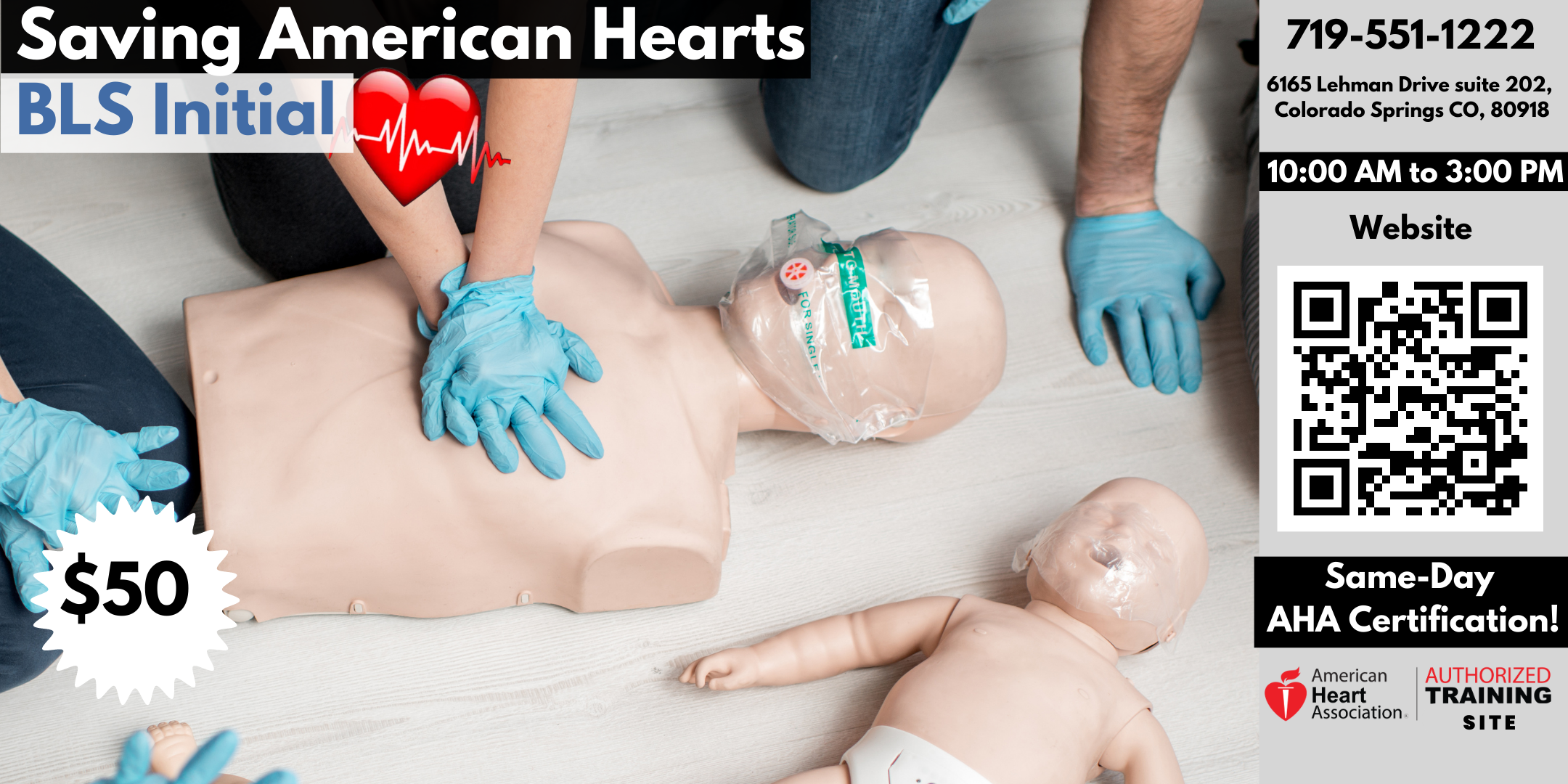Posted by By Aled Thomas May 5, 2023 on May 9th 2023
Adver reporter challenged to get CPR training - here's how it went
Adver reporter challenged to get CPR training - here's how it went
A few weeks ago in a council meeting discussing defibrillators Swindon Borough Council’s cabinet member for health Brian Ford issued a challenge.
He said: “I challenge everyone in this chamber to get themselves some training in CPR. It’s just as important as defibrillators.”
I wrote a brief story about it, and thinking I maybe could get a longer story out of it I started looking at how I could get training.
That’s when David King rang me.
He runs Responsive First Aid training based in Winterbourne Bassett and he was putting on a course in Swindon and asked if I fancy coming along.
Which is why I found myself, along with six others in the offices of Gel Studios in South Marston, along with David, his colleague Mel Hunter and a bunch of dummies to practice on.
We were a varied bunch, with nurses, care home and health care workers and business people who work with the public.
David and Mel have a double act worked out, and while there’s a lot to take in, it proceeded at a pace where we could ask questions, back-up a bit, ask again.
After a lot of what would have been ‘talk and chalk’ in my 1980s school days but is now talk and interactive digital presentation, we had some physical practice.
And what looks obvious and easy on screen is much harder for real. Even in a really easy role play of putting David into the recovery position, I’d do everything correctly - “I’m checking your breathing, you’re not responsive, I’m checking for wounds” - and then use the wrong leg to try and tip him on his side.
I worry what I’d be like in, you know, an emergency.
But David and Mel are very reassuring: “Take your time. It’s fine, if you start on the wrong leg, you’ll find it won’t work, then you can use the right one.”
Then we learnt chest compressions and recovery breaths (the kiss of life in old money), how to help someone choking, and how to use a defibrillator.
We then moved on to practising what apparently is no longer called the Heimlich Manoeuvre but is now abdominal thrusts, and clapping a ‘choking’ David on his back.
There’s a fun little device and you can see whether you’ve succeeded, and turns out I’m pretty good at that.
Then it’s practice with the dummies on chest compressions and use of a defibrillator.
And yes, it would be terrifying, but it was also reassuring.
And at least I now know what I should be doing. And in truth a defibrillator tells you what to do, so if you follow the instructions, it should be fine.
So, do I feel confident and competent if a family member or colleague of a stranger in the street suffers cardiac arrest?
Honestly, no. I feel my initial response would still be panic.
But I do know why you give chest compressions and recovery breaths – and how. I’ve had a go using a training defibrillator.
And I think, if I give the initial panic and paralysis a second or two to pass, I could put what I’ve learned into action to try and help someone in real danger of death.
And I’ve learned the most important lesson, which David and Mel kept stressing above all else: if I remember what I’ve been taught, then I can’t make things any worse.
To a dying person, any trained help is much, much better than simply standing uselessly by and letting them die.
Which is all I could have done before the training.
And that difference seems worth having.
